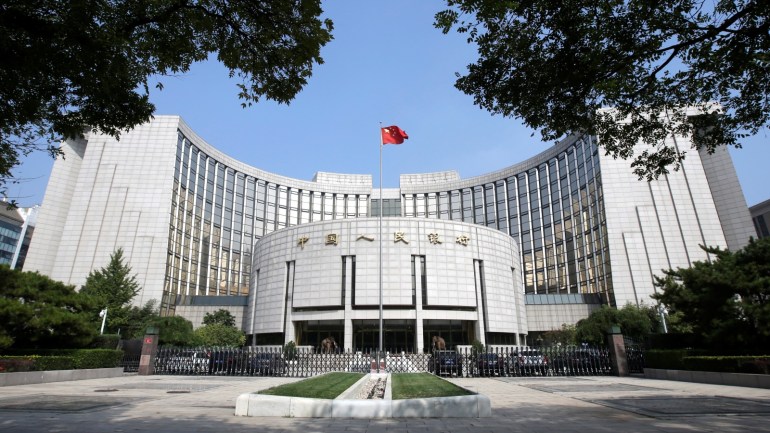The failures of Beijing's infrastructure financing program to connect China with the rest of the world are compounded by the New Silk Road Initiative.
In a report published by the French newspaper "Lefigaro", writer Armel Buinost says that Nigeria is currently in dire need of one billion dollars, noting that the Bank of China and the "Sinosaur" Insurance Company have previously pledged to finance a 615-kilometre gas pipeline at a cost of $2.8 billion. The center of the country, but Nigeria has so far not been given the money it was promised, leaving the Nigerian National Petroleum Corporation (NNPC) in trouble.
What is happening in Nigeria is further evidence of Beijing’s failure to finance infrastructure projects in Africa, and according to a study conducted by Baker McKenzie last April, Chinese bank loans allocated to many energy and transportation projects in the brown continent declined. From $11 billion in 2017 to $3.3 billion in 2020.
The writer mentioned that Africa is not the only region that suffers as a result of Beijing’s retreat from fulfilling its commitments, as failures are increasing on the new Silk Road, construction works on roads, bridges and railways are incomplete and work sites are deserted, and that if anything indicates - according to the French newspaper - it indicates either That Chinese money does not arrive, or that the host country is unable to finance its part of the project, which is not always proportionate and compatible with environmental standards.
In Montenegro - where China accounts for 18% of the public debt - the "highway" - which is considered the most expensive in the world - did not exceed 41 kilometers, and was funded by Beijing with a value of one billion dollars, and the construction of the road was partly by Chinese workers, and this forced this The government's program to raise taxes to pay off its debts.
The Chinese authorities prefer to refocus on the country's economy (Reuters)
The game has changed
In addition to not fulfilling the promised loans, there are completed projects - to some extent - that the host country cannot finance, and this situation applies to the Hambantota port in Sri Lanka, which Beijing managed to acquire for 99 years due to the state’s backwardness Likewise, after defaulting on its debts, Laos was forced to cede the bulk of the national electric power company to the state-owned China Southern Power Grid.
The Chinese authorities prefer to refocus the country's economy;
This puts it in constant embarrassment of accumulated problems, and borrowing countries pay a heavy price for loans that are often offered at commercial rates with contracts lacking transparency and very repulsive terms. For example, Tajikistan had to cede part of its territory that Beijing had demanded for decades in exchange for pay off its debts.
alternative developed country
Is this debt due to miscalculation or is it a trap set by Beijing?
Opinions differ on this issue, as some believe that China has set a "debt trap" to control developing countries, while others believe that Beijing's primary goal is to make money.
Some countries have begun to realize the danger and are looking for financing from other parties. Bangladesh - which was studying giant Chinese financing for a port - recently signed a contract with Japan for a much smaller amount.
It seems that the developed countries want to offer an alternative, as the last group of seven countries adopted a plan to "rebuild a better world" with the support of the United States; To help low-income countries build infrastructure through “community-driven, values-driven, high-transparency” partnerships, and a few days later, the European Union rolled out its own “Globally Connected Europe” strategy pending funding.

